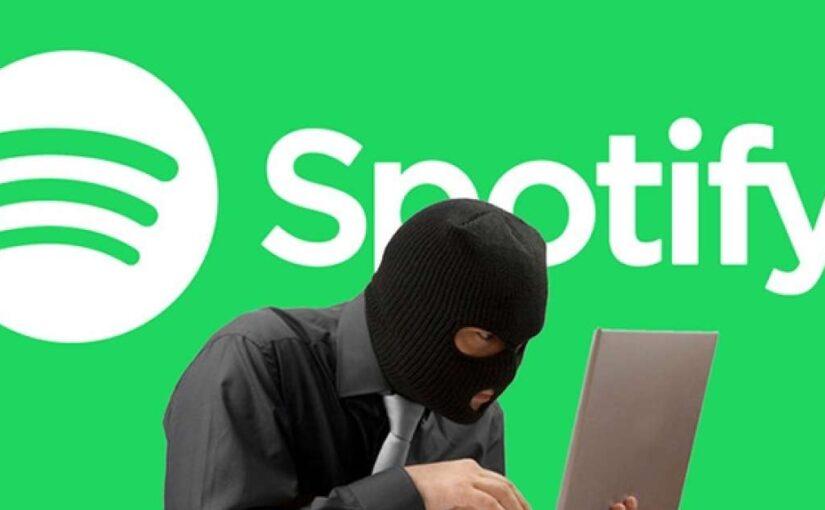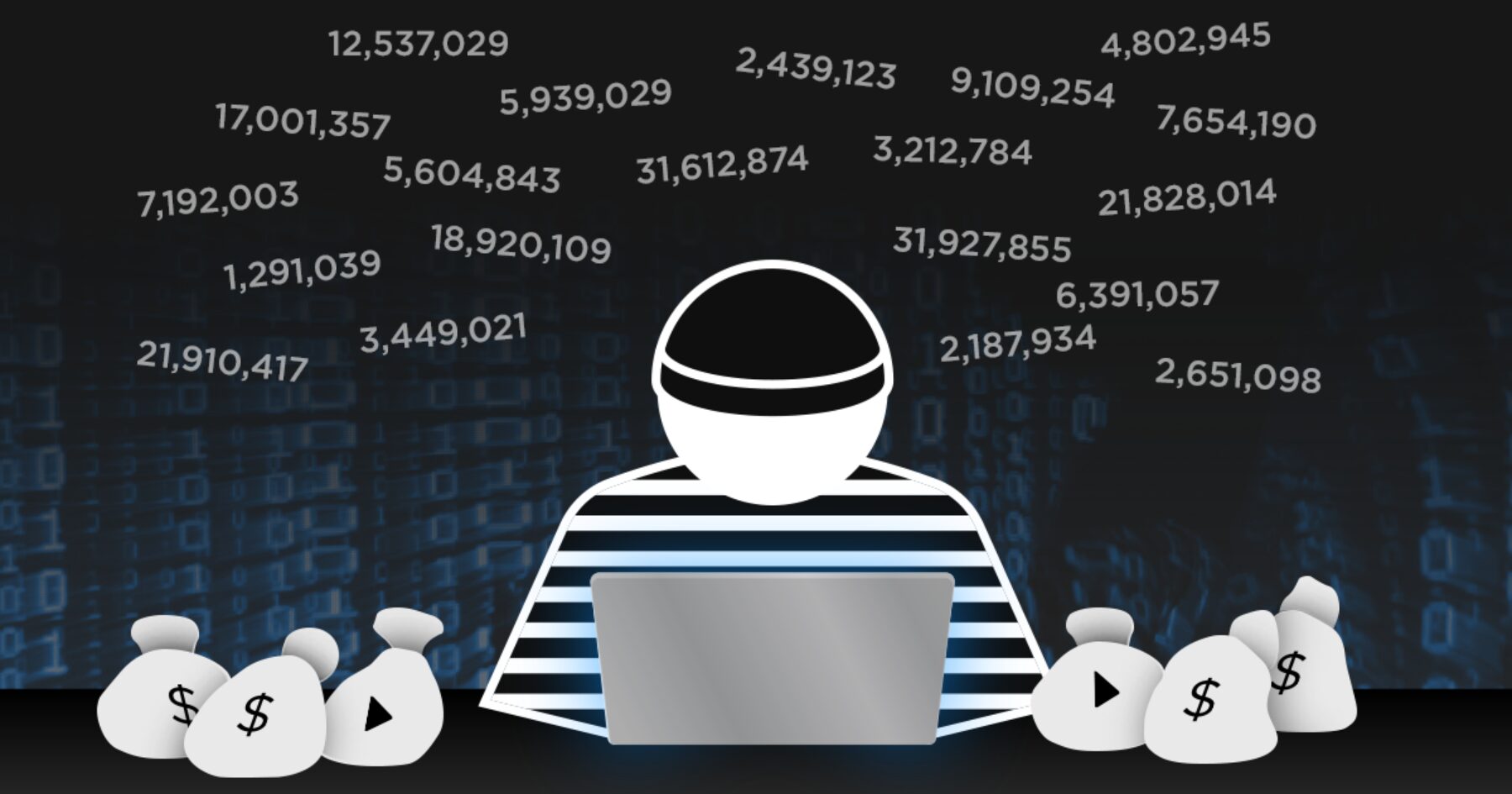Too Lost has introduced AI-powered Veriff, a cutting-edge KYC compliance tool, for identity verification across the platform, with several verification stages and information needs. The action attempts to protect labels and artists against streaming fraud, potentially putting an end to the widespread industry issue.
Streaming fraud, botted streams, and copyright infringement become a communal issue for the whole music industry when they grow common on legitimate DSPs like Spotify and Apple Music. With that in mind, Gregory Hirschhorn, CEO and cofounder of Too Lost, revealed to DMN specifics regarding the company’s latest KYC (Know Your Client) compliance solution.
Hirschhorn acknowledges that independent distribution services are a primary source of this problem. “We accept full responsibility,” he stated. “DIY distribution companies must keep developing better solutions to combat this fraud.”
The economic cost of fraud is significant. As industry organizations investigate how deep this fraud pit actually is, they’ve discovered startling statistics.
The entire amount of mismatched and unclaimed royalties as of the end of 2021, according to Mechanical Licensing Collective (MLC) data, was $561 million. This disparity is frequently caused by missing metadata or incorrect payouts. Following an investigation into these data, DMN found that the amount of owed-but-unpaid mechanical royalty compensation could be significantly greater.

DMN also claimed earlier this month that Spotify has pulled thousands of songs to combat fraud. Meanwhile, Bloomberg reported that fraudulent music may now account for 10% of total streams, as well as the methods scammers use to get songs onto streaming playlists.
A research published in January by the Centre Nationale de la Musique (CNM) in France anticipated that 1%-3% of all streams in France in 2021 would be fraudulent. In one year, that equates to 1-3 billion fraudulent streams. In light of these findings, DMN recently teamed with Too Lost to raise awareness of their KYC program.
In an ideal world, all content on respectable DSPs would be free of fraud and trustworthy. Is it, however, so straightforward to safeguard the music industry’s space?
What are the chances for lesser players and independent artists when a purportedly phony Dua Lipa reverb tune has over 80 million Spotify streams?
Platforms such as Spotify set a limit for inadvertent false content from distributors. However, even if a distributor brings 20 million songs to the marketplace, that threshold remains troublesome.
“There are so many fake artists out there with 3 or 4 million monthly listeners,” Hirschhorn says. With reverb versions, remixes, and unlawful sampling, they make $20,000, $30,000, and $40,000 every month. They’re being paid, and nothing is being done about it.” Hirschhorn claims that even if the fraud was found, “streaming services and labels don’t seem to have the bandwidth to retract or redirect already paid out royalties most of the time.”

Amazon Music, Spotify, Distrokid, Empire, Downtown, and others announced earlier this month the formation of the ‘Music Fights Fraud Alliance’ (MFFA), a global task force aiming at eliminating music streaming fraud. The purpose of the movement is to ensure that the global music streaming industry is fair and that all members actively contribute to solutions aimed at balancing the equity of its operations.
The emerging cooperation indicates broad industry support for Too Lost’s first move toward KYC inclusion. With DIY distributors controlling 70% to 80% of all new music uploads, Hirschhorn adds, “it’s really important to make sure that we’re protecting the legitimacy of new music from this abundance of fraudulent releases.” “We don’t want to dilute the value of music,” he added. We want people to acknowledge and respect the art form while also paying for it.”
Too Lost’s early efforts to combat fraud look to be yielding encouraging results. “The goal is to keep this stuff off our platform.” It will be available on Spotify, Apple Music, and other distribution channels as soon as it is available.”
Hirschhorn demonstrates how the most recent KYC compliance integration strengthens platform security with Veriff, an AI-powered identity verification technology that prevents identity fraud.
“With the addition of new checkpoints and the deployment of Veriff, all new and existing users will be required to validate their identity through a series of systematic prompts.” Over 2,500 user accounts associated with fraudulent activities have already been banned.”

The improved onboarding procedure for Too Lost includes ID verification and IP matching. The compliance integration also checks emails for previous activity on scam sites and data breach websites within the organization. The program also sends a dummy email to authenticate the validity of the email address used to verify the Too Lost account. This confirmation, together with other data points, safeguards the system from a compromised address. To exclude out robot moves, the platform now tracks clicking behavior and prompts for captcha codes.
“In the past, we have flagged thousands of accounts, terminated content from those users, and documented everything from IP addresses to IDs, first and last names, and emails.” We’re also bringing in other distributors.”
Hirschhorn claims that Veriff resolved more than 95% of their content concerns. “The idea that you need to show your face and present your ID for a distribution account has scared off a lot of potential fraudsters because they know their information is being collected in a very transparent way.” This new onboarding process takes an average of 6 seconds longer for well-intentioned clients. I believe they value the bank-level security as well.”
Additional checks are performed long after the content has been submitted.
Too Lost may also locate the copyright owners of cover art by using the Google Images API. For audio verification, the platform has implemented a multi-step process in collaboration with Audible Magic, ACRCloud, and others, as well as manual checks by the quality control team as necessary.
Hirschhorn further notes how ‘fraud’ is frequently just the product of duplication. These ‘innocent mistakes’ include an artist changing their name or moving to a different distributor while their content is already available elsewhere. Different metadata points may also exist as a result of the artist mistakenly entering inaccurate information.
The shift to KYC and a shared data pool of ‘bad actors’ appears to be a data-driven solution that has the ability to eradicate a massive music business problem. Hirschhorn indicates that the company’s efforts have already had a significant impact on fraud reduction.
Download The Radiant App To Start Watching!
Web: Watch Now
LGTV™: Download
ROKU™: Download
XBox™: Download
Samsung TV™: Download
Amazon Fire TV™: Download
Android TV™: Download

